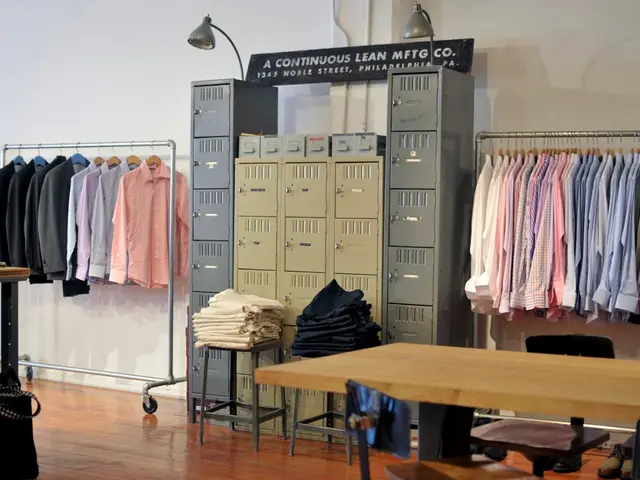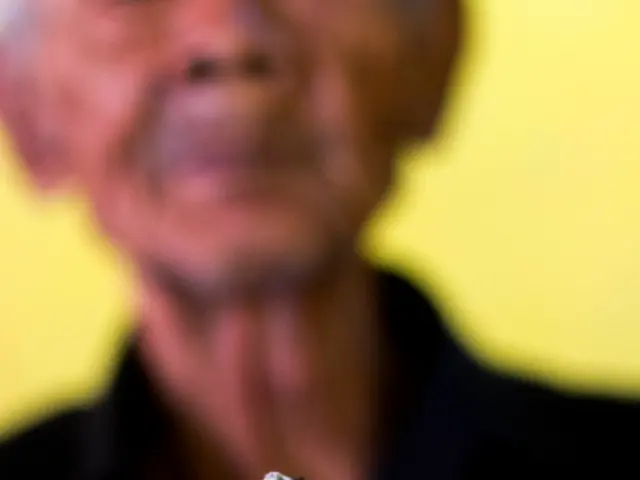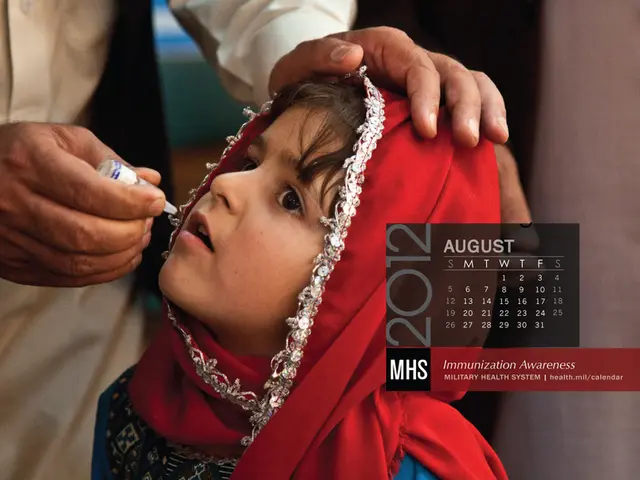Focusing on gender-specific training for women, rather than generic male-based training, could potentially reduce incidences of knee injuries.
HOST SACHA PFEIFFER:
For years, the sports world and scientists have known that female athletes are more prone to tearing their ACLs – a knee ligament injury – compared to their male counterparts. And while getting through surgery and subsequent rehab may seem daunting, we've been left wondering why this is the case. A new study, funded by soccer's international governing body, FIFA, is set to delve into the possibility that a woman's menstrual cycle could be a contributing factor.
We're joined today by Dawn Scott, a performance coach and applied sports scientist who's worked extensively with elite women's soccer teams in the U.S. and England, and who advises FIFA. Hi, Dawn, and thanks for joining us!
SCOTT: Hi, thanks for having me!
PFEIFFER: Now, you're not directly involved with this study, but help us understand how a woman's period could affect an injury to her knee ligament.
SCOTT: Well, I believe people might have the wrong impression here. The truth is that injuries, especially ACL injuries, are complex and multifactorial. For decades, we've focused on sex differences and hormones, with the menstrual cycle being a major hormonal factor. But the thing is, over the last 10 to 20 years, ACL injury rates among females haven't improved, whereas they have among males. So, it's important to examine the full picture of risk factors and causes.
PFEIFFER: Athletes work with coaches to strengthen themselves and improve stability to reduce the possibility of injuries. But this study suggests that despite all the training they may do, there could be biological factors that still contribute to injuries. And imagine being an athlete and thinking, I did something wrong when, in fact, it's about her body. What are your thoughts about the psychological aspect, and how athletes should handle this?
SCOTT: I think it all comes down to education. One reason why girls drop out of sports at a faster rate than boys is because they either don't receive any education about sex differences and hormones or, if they do, it's not from someone with expertise and understanding in this area. I believe it's crucial that we look at school curriculums to ensure girls receive proper education about their bodies, including how hormones can affect their performance and help them get the most out of their athletic abilities.
PFEIFFER: From your coaching perspective, how much could nonbiological factors play a role in ACL injuries? I'm thinking about things like the type of shoe, type of training, grass versus turf, maybe even the condition of the pitch.
SCOTT: A hundred percent! For instance, there's only one major soccer cleat brand, IDA Sports, that designed its soccer cleats with the shape of the female foot in mind. Female feet tend to be wider at the front and narrower towards the heels. Plus, it's essential that players have the right soccer cleat for the right surface, whether that's turf or grass. Does the player have multiple pairs to switch and choose the optimal cleat for each surface?
PFEIFFER: You've touched on this a bit, but for many young female athletes and their parents, they crave specific advice or tips on how to train and play in a way that reduces the risk of knee injuries. What would be your top advice for players and their parents?
SCOTT: I'd say focusing on injury-reduction exercises, strength training, and recovery strategies like getting enough sleep, proper nutrition, and hydration to optimize the athlete's lifestyle choices and behaviors.
PFEIFFER: Many players on the U.S. women's soccer team have cited you as a major contributor to their World Cup success a few years ago. With your expertise and success with the players you've worked with, what more can be done to support players?
SCOTT: Education is key! As I mentioned earlier, part of the reason girls drop out of sports at a faster rate than boys is that they've been trained like boys, not girls. To give female athletes the best chance to optimize their performance, we need to make education accessible globally.
PFEIFFER: That was performance coach and applied sports scientist Dawn Scott. Thanks for joining us today, Dawn.
SCOTT: Thank you!
- The study, funded by FIFA, aims to investigate the potential link between a woman's menstrual cycle and increased likelihood of suffering a knee ligament injury, such as an ACL tear, in female athletes compared to males.
- Dawn Scott suggests that a comprehensive approach to understanding ACL injuries in female athletes should focus on the full picture of risk factors and causes, including nonbiological factors like shoe types, training methods, and pitch conditions.
- According to Scott, proper education about sex differences, hormones, and their impact on performance is essential for girls in school curriculums to help empower them with knowledge that can help them maintain and improve their health and wellness, particularly in the field of sports and fitness-and-exercise.










